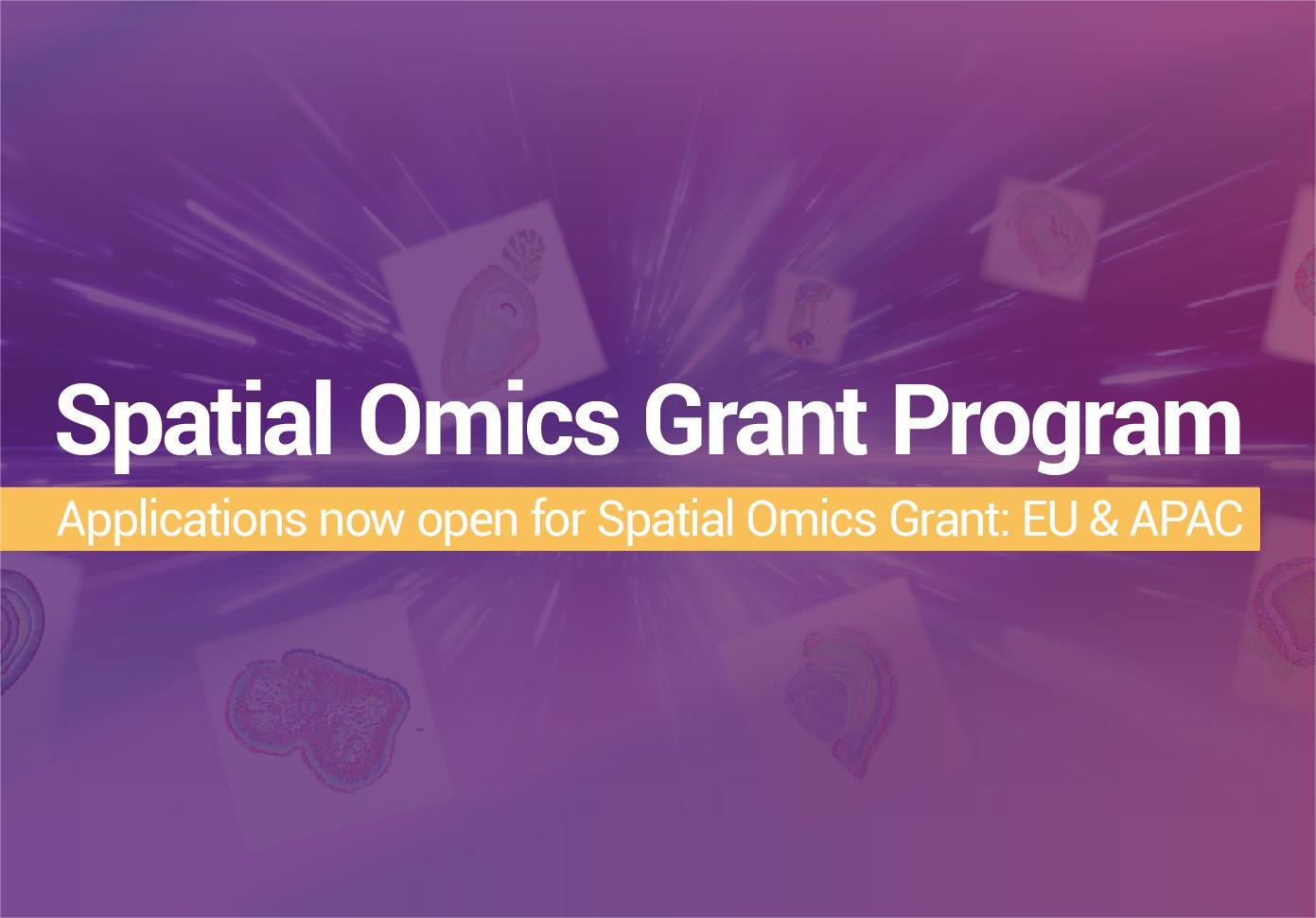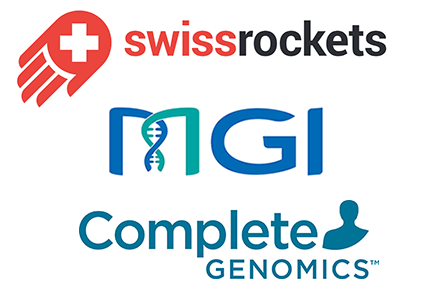In October this year, the "Million Microbiome of Humans Project“(MMHP) was officially launched at the 14th International Conference on Genomics (ICG-14) in Shenzhen. At that time, we interviewed key representatives of the program, including Lars Engstrand, professor at the Center for Microbial Translational Research at the Karolinska Institutet andLiu Ruixin, researcher at the Shanghai National Clinical Research Center for Metabolic Diseases.
Recently, MGI officially opened a new R&D and manufacturing facility in Riga, Latvia, aiming to build a bridge between China and Europe for health science innovation. MMHP as a key component is also planning to conduct research work in the facility, We will combine the contents of the speeches and interviews in the two activities to further understand the "Million Microbiome of Humans Project“ (MMHP).
Build the world's largest human microbiome database
The "Million Microbiome of Humans Project “(MMHP) brings together scientists from China, Sweden, Denmark, France, Latvia and other countries to carry out research on microbial metagenomes, and is committed to sequencing and analyzing 1 million samples of intestinal, oral, skin, reproductive tract. The human microbiome map was drawn to build the world's largest human microbiome database.
Key Person Interview
The plan will become an important diagnostic and treatment tool in precision medicine

Lars Engstrand from Center for Microbial Translational Research at the Karolinska Institutet, Sweden
This plan will sequence 1 million human microbiome, which is very interesting. When he first heard this idea, he was very surprised, but now it seems that the technology is better than that year when the United States is launching similar projects. This means that scientists can understand the map and function of the microbiome through people in different countries, which is of great interest to industry researchers. In the future, this information will promote personalized treatment in the development of precision medicine, so this plan is also unique and significant.
However, the research work on the function and mechanism of the human microbiome has just begun. At present, the Center for Microbial Translational Research of Karolinska Institutet has installed four MGI sequencers. "We are very focusing on data quality, cost and time. It is very important to keep multiple aspects of the entire project, such as DNA extraction, deep sequencing, and cost control in an optimal state."
When using the sequencing platform made by MGI, Lars Engstrand said that the user experience is very good, and he is convinced that these sequencers have reached the high standard of the industry, and in the future, it is possible to introduce more equipment and super-large projects. He is convinced that human microbiome will become a very important diagnostic and treatment method in precision medicine in the future.
Although microecology is a fairly new area ofresearch, it can have a huge impact on our health and disease. The program will also invite people from all over the world to participate in taking samples. However, any details will affect the composition of microbiome, especially antibiotics or other drugs. Lars Engstrand believes that microecology will be included in the field of precision medicine research in the future, and the MMHP will promote to achieve this goal.
MMHP provides important foundation for future analysis of the relationship between microbiome and human health

Liu Ruixin, researcher at Shanghai National Clinical Research Center for Metabolic Diseases
The MMHP program launched this time is the one with the largest number of people and many participating countries. It has a significant advantage in population diversity.
As everyone knows, the relationship between microbiome and diseases is being valued by more and more people, and many diseases such as metabolic diseases, tumors, neurodegenerative diseases are closely related to microbiome. The human microbiome is affected by many factors. If a larger-scale microbiome database can be established, it will provide important foundations and more possibilities for the future analysis of the relationship between microbiome and human health as well as the treatment of related diseases.



 Sequencer Products: SEQ ALL
Sequencer Products: SEQ ALL















 Technologies
Technologies Applications
Applications Online Resources
Online Resources Data Bulletins
Data Bulletins Service & Support
Service & Support Global Programs
Global Programs Introduction
Introduction Newsroom
Newsroom Doing Business With Us
Doing Business With Us Creative Club
Creative Club













